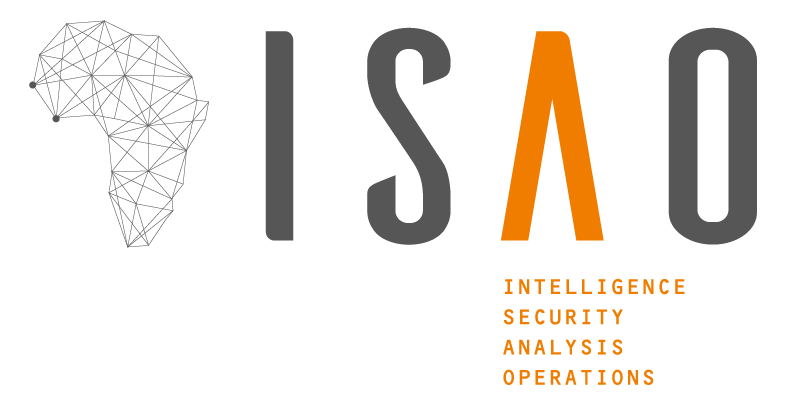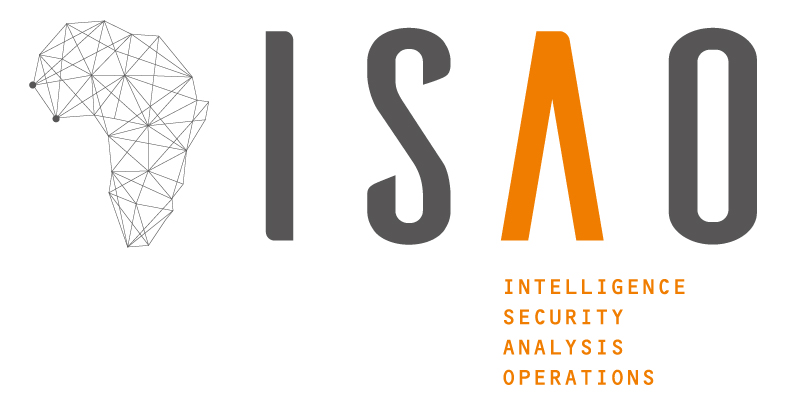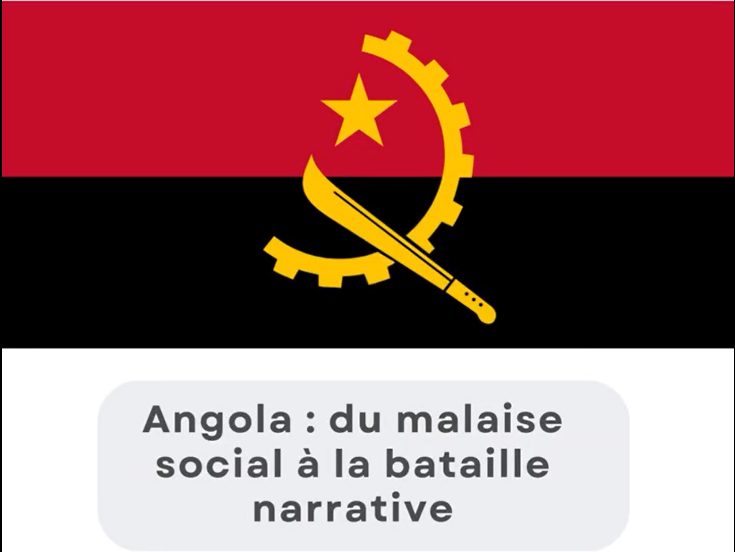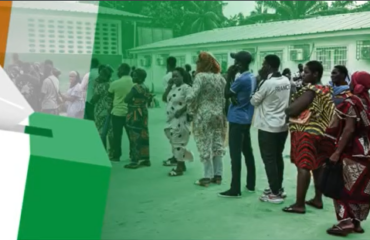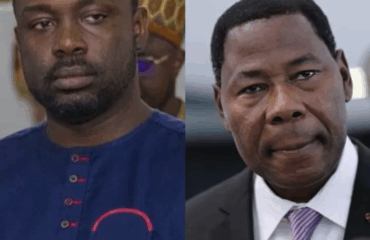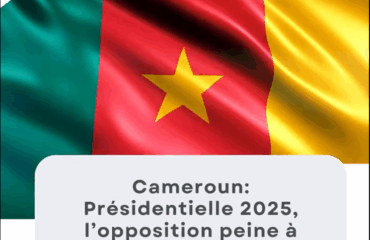A week after the late-July riots, the Lourenço administration hardened its response. Targeted arrests, prosecutions for terrorism and covert financing, and allegations involving foreign nationals — all signals reflecting a desire to reaffirm state authority and frame the violence through a security-focused and sovereign lens.
The MPLA (Popular Movement for the Liberation of Angola, ruling party) presents the riots as the product of manipulation orchestrated by UNITA (National Union for the Total Independence of Angola, main opposition party) and external actors.
UNITA, for its part, rejects this reinterpretation and maintains that the mobilizations are an expression of deep social discontent, fueled by inflation and unemployment.
Thus, the confrontation goes beyond the streets: it now plays out in the realm of narrative — in Parliament as well as in public space.
In a context of weakening secondary union and political channels, this face-off reinforces polarization between government and opposition.
In the short term, the executive consolidates its control; in the long term, it risks a gradual erosion of public trust.
